11 Things That The US Should Seriously Adopt From Other Countries, According To A World Traveler
I love the US, but after living abroad in four different countries and traveling to more than 50, I have to say there are certain areas where this great country is lacking.

1.Toilets in Japan

If you have never experienced the wonder of a Japanese toilet, you're missing out (and I say that completely seriously). There are several variations of Japanese toilets typically made by Toto, but the most deluxe versions have a lid that automatically opens and closes, a heated seat, a built-in bidet (with various water pressure and positions), a dryer, and a sound function for privacy. Oh, and it cleans itself. After returning from Japan, I was begging for one of these in my own home.
2.Vending machines in Switzerland, China, and Japan
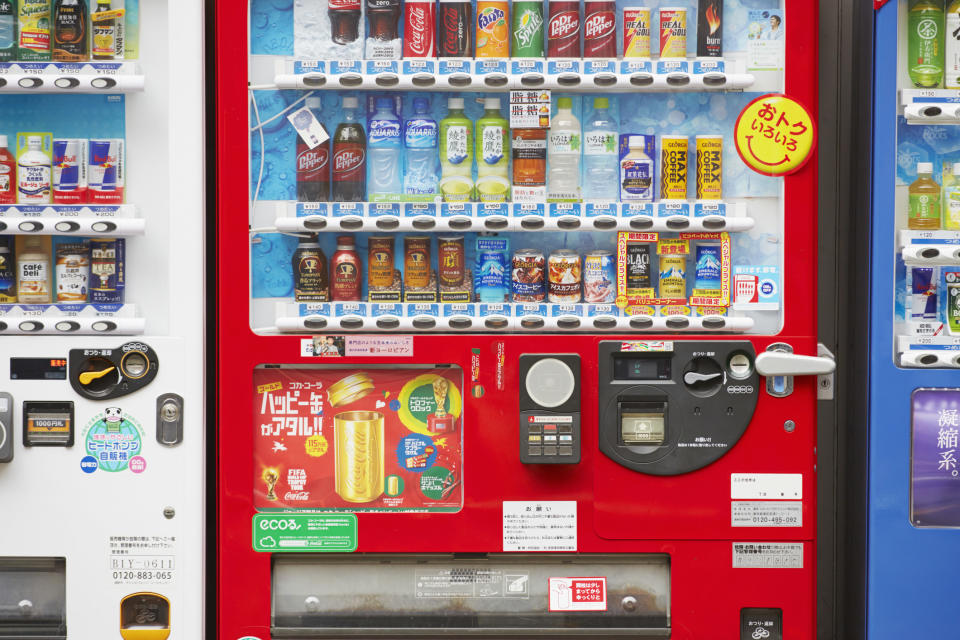
Vending machines in the US are stocked with candy, chips, and soda (and in some cases, a few "healthy" foods like granola bars). The offerings are fairly basic.
Other countries take their vending machines very seriously. There's a CHEESE vending machine in Switzerland, China has one containing live crabs, and all over Asia (and parts of Europe) you can find machines that dole out hot french fries, burgers, and even pizza.
"Specialty" vending machines aside, you'll find both cold and heated drinks in every Japanese vending machine. For a couple of yen, you can walk away with a perfectly warm bottle of green tea or coffee. It's pretty dreamy.
3.Convenience store food and services in Japan, China, and Korea
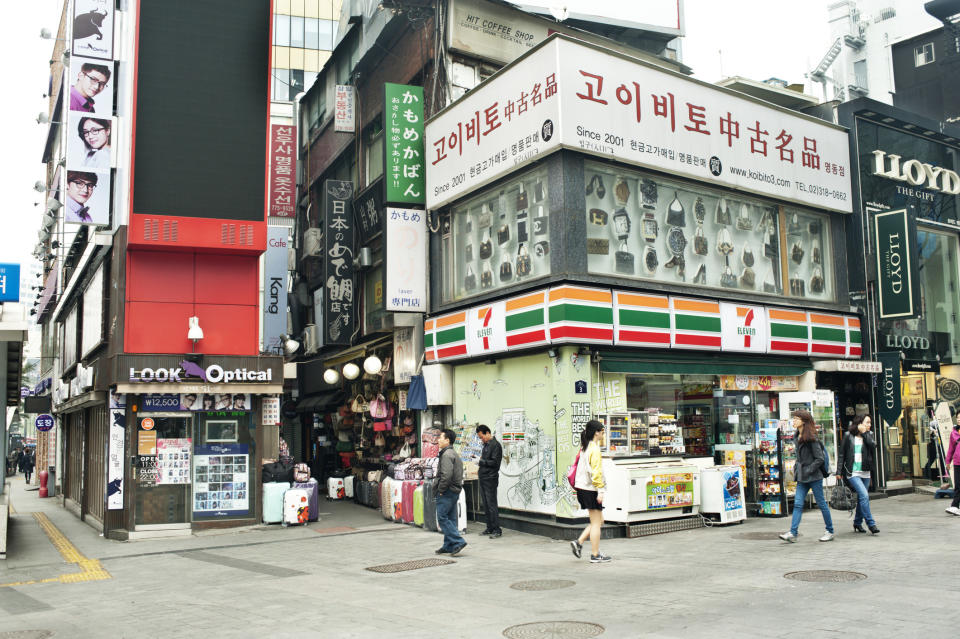
At a convenience store or gas station in the US, you might find pizza, hot dogs, and nachos. In some Asian countries I've visited, like Japan, China, and Korea, you can pick up a complete, healthy, and gourmet meal of rice, fish, and veggies or even a bowl of hot soup. Some Lawson stores in Japan even have cafés where you can order a latte or cappuccino from the barista.
Food aside, these convenience stores are one-stop destinations for pretty much anything you can imagine. At the major chains in Japan, you can buy concert or game tickets, use the copier/printer, and drop off your mail and packages while buying a bag of chips. Now that's the real meaning of convenience.
4.Biking in the Netherlands and Denmark
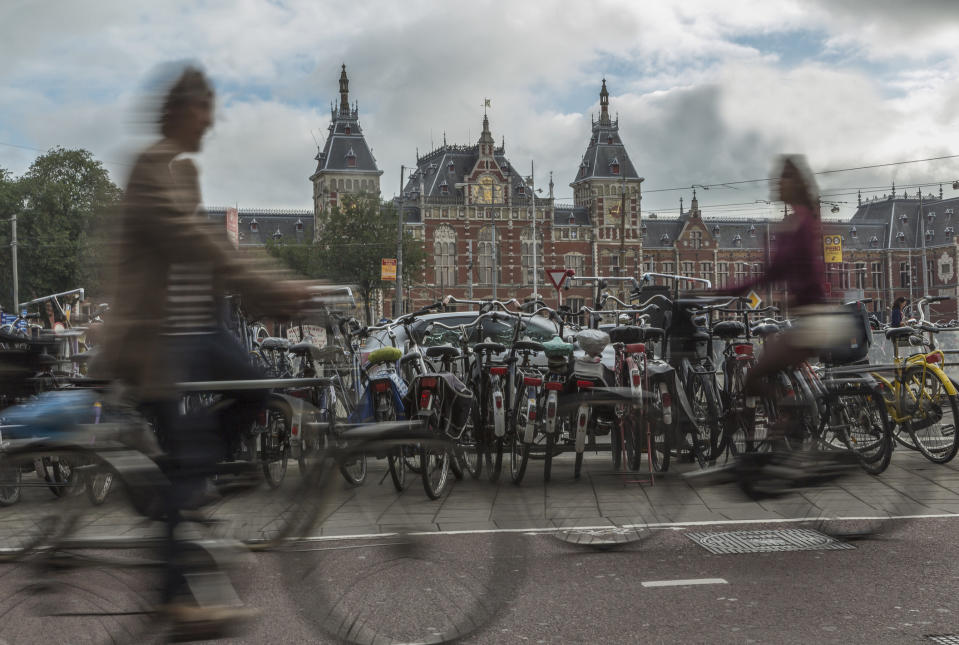
Biking in Amsterdam and Copenhagen is an entirely different experience than biking anywhere in the States. That's because the streets were literally designed to make bikes the dominant form of transportation.
Bike lanes and car lanes are typically separate for safety reasons, and there are special bike bridges and multi-level bike racks. Even in the freezing cold winter, people choose to bike rather than drive.
When I visit these cities and rent a city bike, I find it amazing to watch commuters blissfully travel to and from work on two wheels.
5.Mobile payments in China
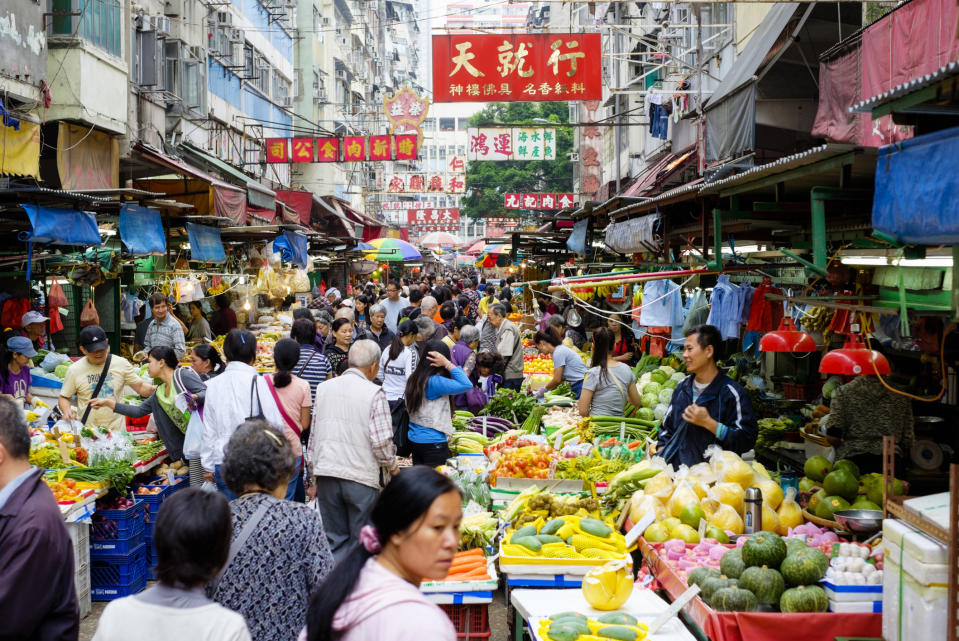
Maybe you've tried Apple Pay, but I'll bet you keep a credit card on hand because you know you can't use Apple Pay everywhere. In China, you can use your phone to pay for everything, even small businesses and street vendors.
My Chinese friends say that even their grandparents (ages 70+) whip out their mobile phones to pay for just about everything.
6.Squeaky clean streets in Singapore
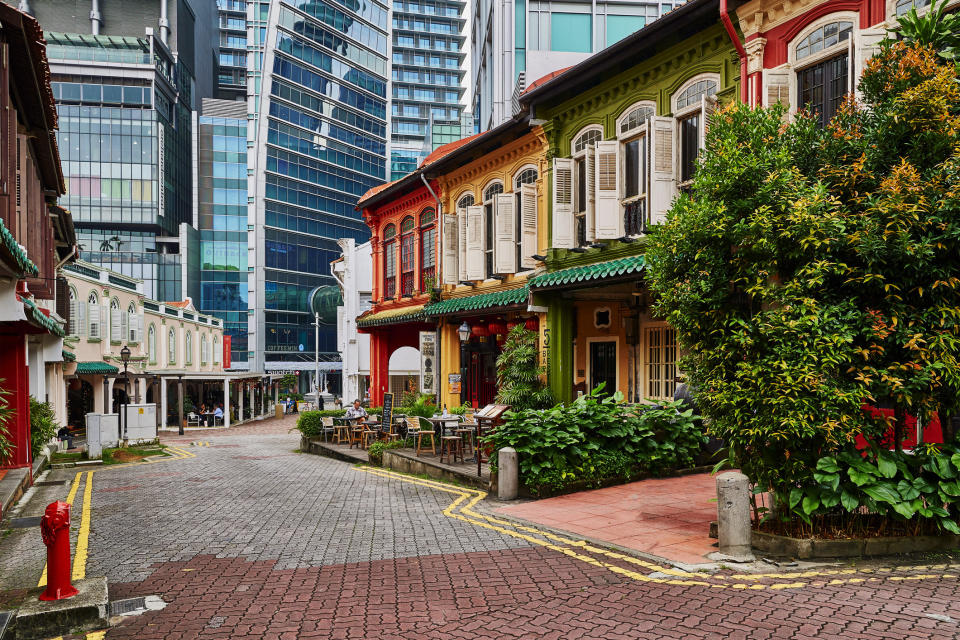
The US is a fairly clean country (with a few glaring exceptions like the NYC subway), but we've got nothing on Singapore, a country that takes cleanliness to the next level. Thanks to teams of cleaning staff (both human and robots), the streets are trash-free, bushes are carefully manicured, and building interiors are spotless. Singaporeans take cleanliness so seriously that they even banned one major dirty culprit — chewing gum — in 1992.
7.Baked goods in France

Sure, you can pick up a baguette in the US, but I guarantee it won't taste the same as the authentic French version. In France, every baked good — even those you can buy at a convenience store — seem to adhere to an elevated scale of quality. Living in France has made me such a snob in this department that I don't even try to buy croissants, pain au chocolat, or baguettes at home in the US.
8.Dairy products in Lebanon

When you think of Lebanon, a tiny country north of Israel and west of Syria, you probably wouldn't guess that it's basically paradise for dairy lovers. But I promise you, it is. Everything milky tastes 100x better here. I pretty much lost my mind when I tried labneh (a super thick strained yogurt). Oh, and the ice cream is out of this world.
9.Public healthcare in Sweden, Germany, Denmark, and more

There's access to great healthcare in the US, but it ain't cheap. By stark contrast, almost every other developed nation beats the US in this area. According to US News' 2021 Best Countries report, which included a ranking of public healthcare systems, the US is ranked #22, while Sweden, Germany, and Denmark top the list.
When I was living in France, I was in awe of my local friends' carte vitale, a healthcare card that gives them access to all essential medical treatments and procedures. When they show up to the pharmacy, hospital, or clinic, they present the card, which kicks off a direct reimbursement from the insurance fund.
10.Paid time off in Brazil, France, Spain, and several African countries

Ten days of paid time off (PTO) is considered the norm for American employees working in the private sector, but there is no government-mandated vacation time in the US. That means companies can make their own rules.
In other parts of the world, PTO is mandated by the government. Several places I've visited — like Brazil, France, Spain, and some African countries — offer their employees a set-in-stone minimum of 30 days off per year, according to reporting by USA Today.
That means that while we save up our meager PTO for a two-week vacation once per year, working people in Spain are able to plan an entire month off work (something they actually totally do).
11.High-speed trains In Korea, China, Japan, and Europe
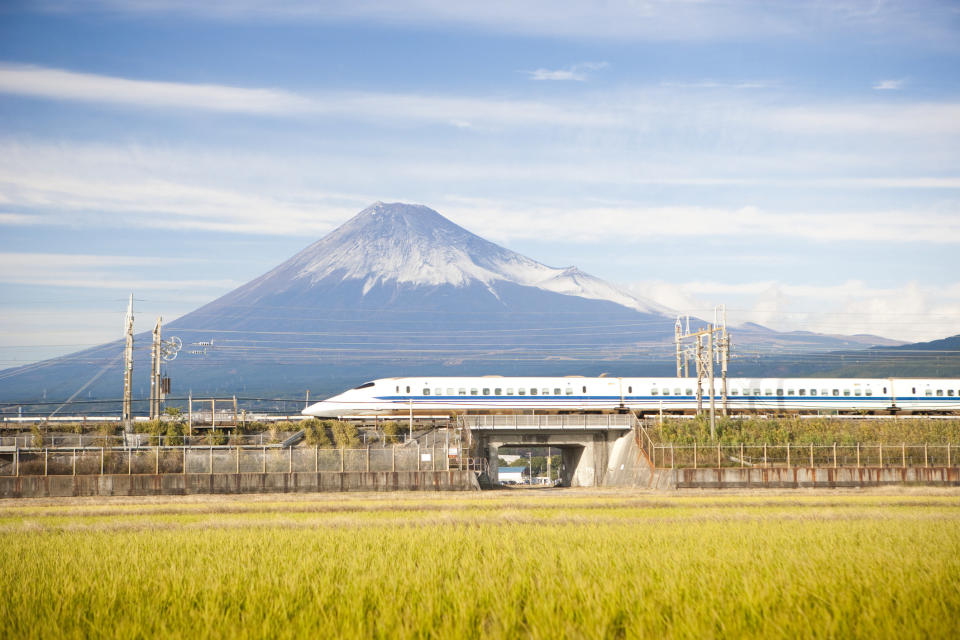
If you've ever taken the Shinkansen (aka the Japanese bullet train), you know exactly what I'm talking about when I say high-speed trains abroad are incredible. Those babies travel at speeds of up to almost 200 mph, and they are always on time. The train situation is similar in Korea, China, and most of Europe. There's a reason why so many people living in Europe's major cities don't have cars. When they want to cross the border to another country, all they have to do is hop on the train. These international railroad systems really put Amtrak to shame.
What's something you've experienced or seen abroad that the US should adopt? Tell me in the comments.

 Yahoo Lifestyle
Yahoo Lifestyle 
